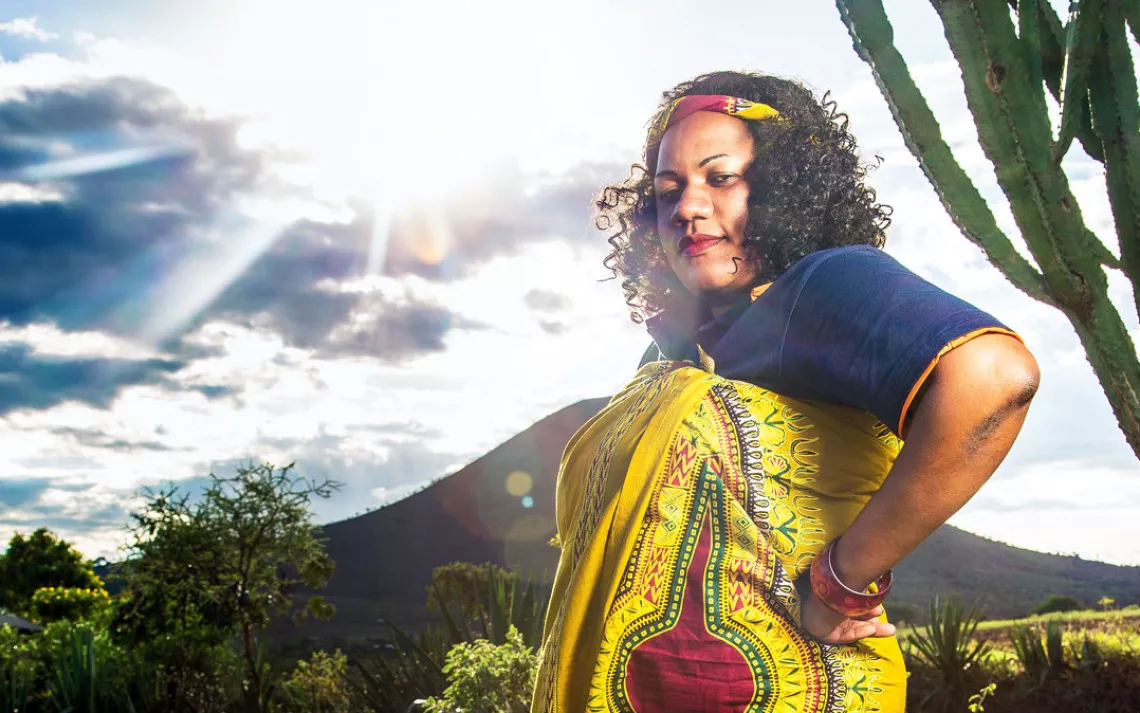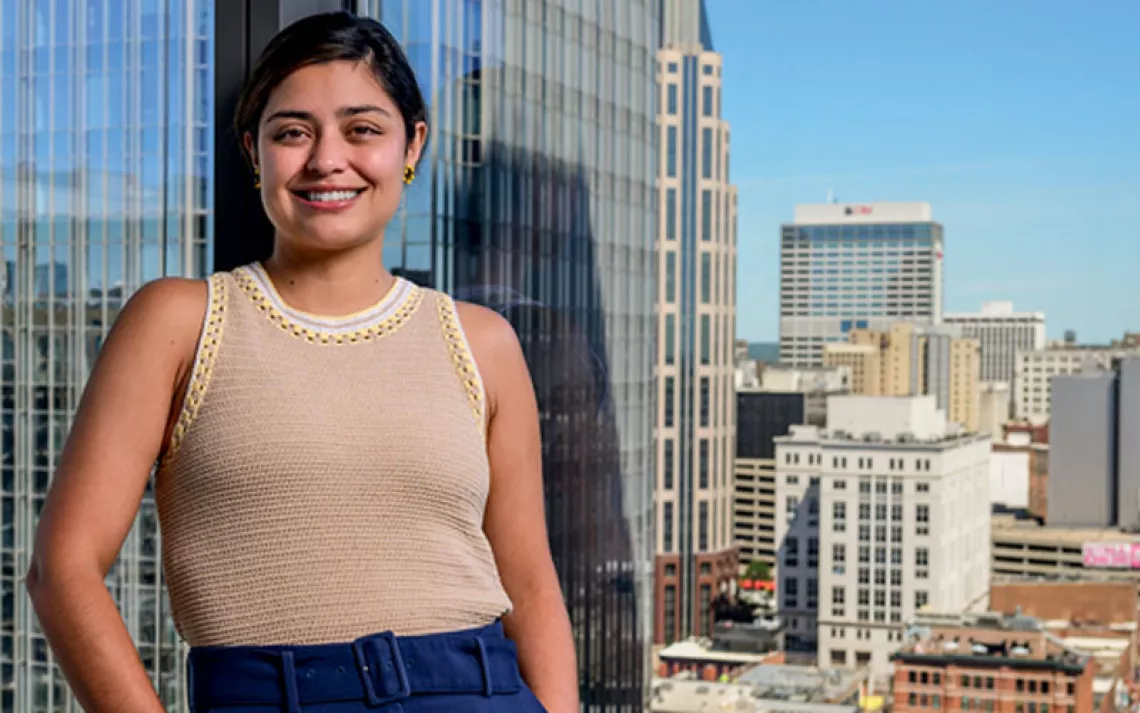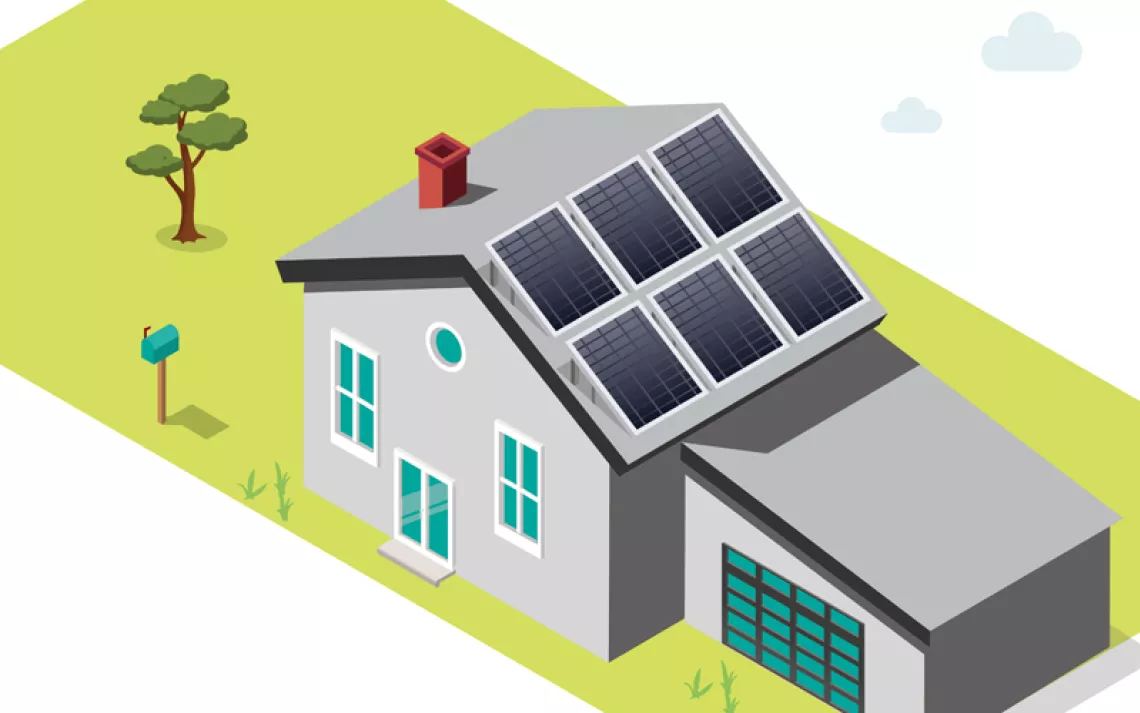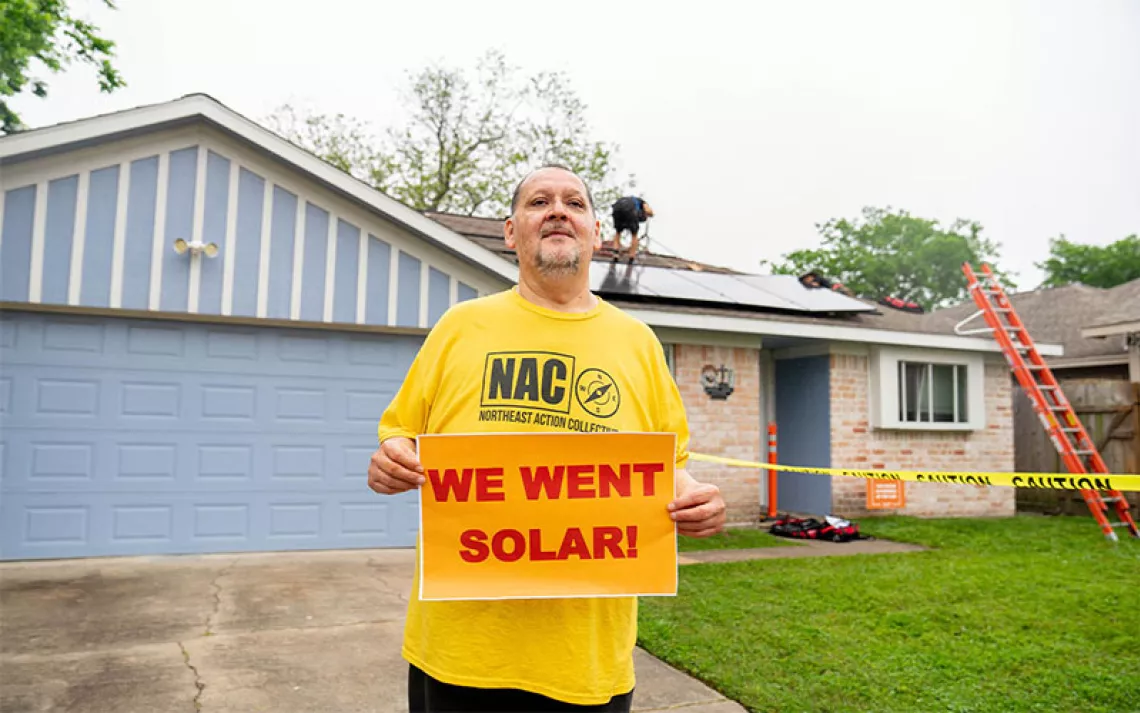Africa's Solar Sisters help women earn money by distributing energy-efficient lighting and cooking equipment
It's like Amway, except with solar-powered lights and ovens in the African bush

Fatma Muzo, Tanzania country manager for Solar Sister | Photo by Stuart Butler
Watch Africa's Solar Sisters talk about how they distribute equipment for lighting and cooking.
Adapted from an interview with Fatma Muzo by Stuart Butler.
I'm from Dar es Salaam, on the coast of Tanzania, but I moved to Arusha for university and work. Both my parents were educated and worked for the government, which meant they also encouraged my education. That isn't something that's considered normal for a girl.
My father was married to more than one woman, so in that sense I had a fairly traditional African upbringing. When I was young, we would visit our relatives in villages along the coast, and I would see that my uncles all had more than one wife. When they got another wife, they would just abandon the first one. It was always worse for the first wife because she would have to stay home with the children. The wives all suffered—they couldn't go out and earn their own money. They couldn't even touch food without their husbands' permission. Now it's a bit different, and many of them have small businesses so they can make their own money.
Today, I have a son—he's six years old. I try to bring him up with all aspects of African lifestyles. When we go to visit my parents or other family, he has to follow tradition, but when he's at school or with his friends, he is more Western.
Energy poverty is the lack of electricity and modern cooking and lighting solutions. Only 3 percent of houses in rural areas of Tanzania have electricity. Along the roadside, you might find power, but if you go 200 meters away, you'll find that none of the houses have power.
There is more fighting in a house with no power. Let me give you an example. One woman was cooking at night. She had no lights, so she couldn't see that there was a leak in the stove and that kerosene was getting into the food. By the time they were eating, the food smelled of kerosene, and then her husband beat her.
This is where Solar Sister comes into it. Solar Sister is a social enterprise that helps eradicate poverty through the use and sale of solar-powered items such as lanterns and ovens. We focus on women because they are the ones who suffer most. By providing energy-efficient lighting and cooking equipment, we can help a woman earn an income and improve her life. The women we work with sell solar products directly to their community. From this, they earn a profit, which helps them support their families and pay for things like school fees.
I like to go out into the field. If I just sit here in the office, I won't know what's needed in the villages. The most rewarding part of my job is when I see the women in rural areas improve themselves and have the courage to work more. I also like to see the houses lit up at night with the solar lights.
One story that stands out for me is about a lady from near Lake Victoria who is HIV positive. She's been living with this condition for 10 years. Before, she had to farm for people or work other hard jobs to earn money, but since she has become a Solar Sister entrepreneur, she is able to work from home. Today, she can just call her friends and tell them she has some new products to sell, and people come and buy them. She doesn't have to do such hard labor, so her health has improved a lot. Before, she couldn't get three meals a day, but now she can afford to eat a balanced and healthy diet.
Most rural African families go to sleep very early because they have no light, except the men, who often go out at night. I believe that once a house has light, the men will stay home and chat with their families, and that brings peace to the house. Happy families have lights in their houses. Most families using solar lights have better-educated children because the children can do their homework at night. I believe that 20 years from now, solar-powered technology will have advanced a lot and be more powerful. All of Africa will be bright.
This article was funded by the Sierra Club's Global Population and Environment Program (sierraclub.org/population).
This article appeared in the September/October 2016 edition with the headline "All of Africa Will Be Bright."
 The Magazine of The Sierra Club
The Magazine of The Sierra Club



